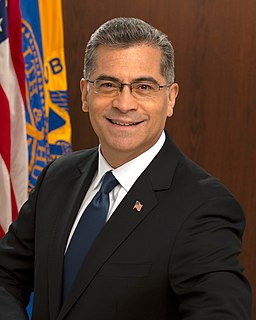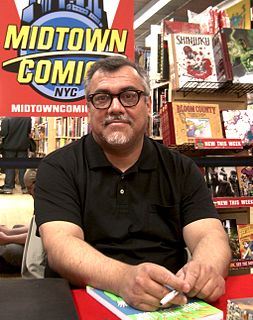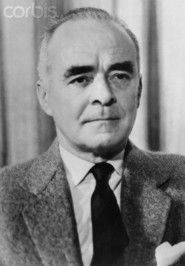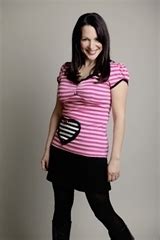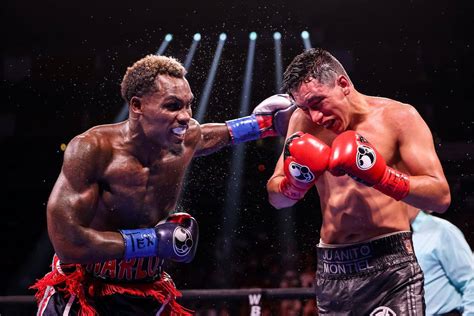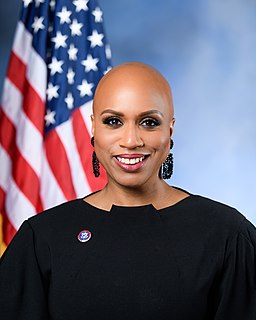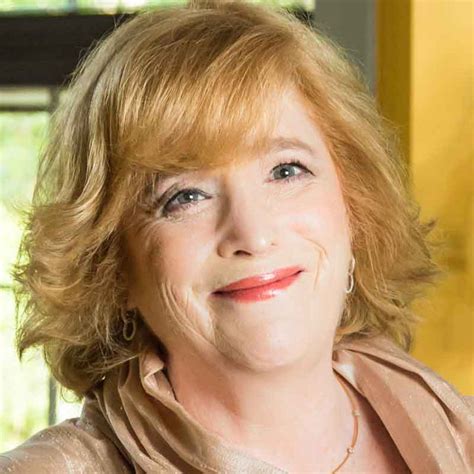A Quote by Charles Kuralt
I had a little insight into life that most kids probably didn't have. My mother was a schoolteacher, and my father was a social worker. Through his eyes I saw the underside of society.
Related Quotes
I had to run away from home in order to be a musician. Because I came from a family of... my father was a health inspector; my mother was a social worker. And I was pretty smart in school. So they expected me to be some kind of academic - schoolteacher, or doctor, lawyer - and they were very disappointed when I told them I wanted to be a musician.
I didn't like what was on TV in terms of sitcoms?it had nothing to do with the color of them?I just didn't like any of them. I saw little kids, let's say 6 or 7 years old, white kids, black kids. And the way they were addressing the father or the mother, the writers had turned things around, so the little children were smarter than the parent or the caregiver. They were just not funny to me. I felt that it was manipulative and the audience was looking at something that had no responsibility to the family.
On the outside, Oscar simply looked tired, no taller, no fatter, only the skin under his eyes, pouched from years of quiet desperation, had changed. Inside, he was in a world of hurt. He saw black flashes before his eyes. He saw himself falling through the air. He knew what he was turning into. He was turning into the worst kind of human on the planet: an old bitter dork. Saw himself at the Game Room, picking through the miniatures for the rest of his life. He didn't want this future but he couldn't see how it could be avoided, couldn't figure his way out of it. Fukú.
My father never feared death. He never saw it as an ending. I don't know why Alzheimer's was allowed to steal so much of my father before releasing him into the arms of death. But I know that at his last moment, when he opened his eyes - - eyes that had not opened for many, many days - - and looked at my mother, he showed us that neither disease nor death can conquer love.
My mother had a master's degree and had been a schoolteacher before she started having kids at 30. But my father's family were landowners, farmer-merchants. Moneymaking was extremely important, like one of those semi-rapacious families in Lillian Hellman, where they know the price of everything and the value of nothing.
It was the most beautiful thing I'd ever seen. How the artist captured the light, the details of my mother's dimples, the joy in my father's eyes, all through gentle strokes from his palette. The artist made me look alive when I felt lonely and grim inside. That's the way this man saw me. I decided then that that's what I wanted to do
My father had a real short fuse. He had a tough life - had to support his mother and brother at a very young age when his dad's farm collapsed. You could see his suffering, his terrible suffering, living a life that was disappointing and looking for another one. My father was full of terrifying anger.
A mother has a unique perspective. Nobody sees the life of the child the way the child’s mother does—not even the father. This is Mary’s perspective of Jesus life. It seems to me that every genuine Christian, not just Catholics, should be interested in that perspective—and not just interested, but fascinated. In the rosary we ponder the life of Jesus through the eyes of his mother. This is an incredibly powerful experience if we enter into it fully
Raising me as a single parent, my mother held many jobs. Most of them had to do with the betterment and the advancement of our community and society at large. I grew up seeing her active in ministries at our church, with the homeless, as a social worker, with elderly, with youth, as a children's rights organizer with the Urban League of Chicago.

